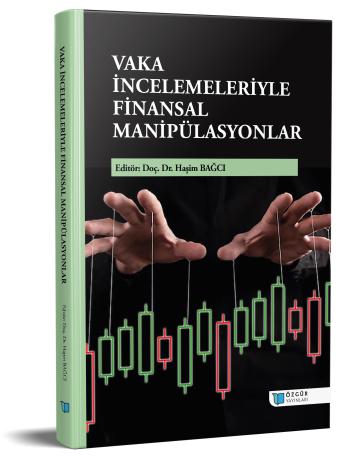
The Wirecard Case: The Story of A Financial Technology Giant
Chapter from the book:
Bağcı,
H.
(ed.)
2024.
Financial Manipulations with Case Studies.
Synopsis
The aim of this study is to comprehensively evaluate the Wirecard case from a conceptual perspective. The collapse of Wirecard, a financial payment processing and service provider, is one of the latest scandals in the history of financial cases. As one of the most valuable companies on the German stock exchange in the 2010s, Wirecard became embroiled in a major scandal following allegations raised by the Financial Times in 2019, culminating in the disappearance of €1.9 billion from its accounting records and its subsequent bankruptcy filing in June 2020. The ongoing investigation has uncovered a major accounting fraud that has been going on for years. Several Wirecard executives, including the CEO, have been accused of fraud and market manipulation.
Since the inception of corporate finance theories topics such as corporate governance, information asymmetry, agency conflicts, transparency, and bankruptcy risk continue to be debated in relation to this case. Furthermore, the most important factors of crises and collapses in the financial world, such as manipulations, fraud, negligence, and deception, are mentioned together with this scandal in both the media and academic literature. Regulatory and auditing bodies in Germany have faced criticism for their inability to detect the fraud in advance due to inadequate and weak oversight mechanisms. Consequently, the disruption of integrity in the markets, erosion of trust and reducted of efficiency of the markets have affected many sectors, especially the FinTech sector, and have created countless grievances.

